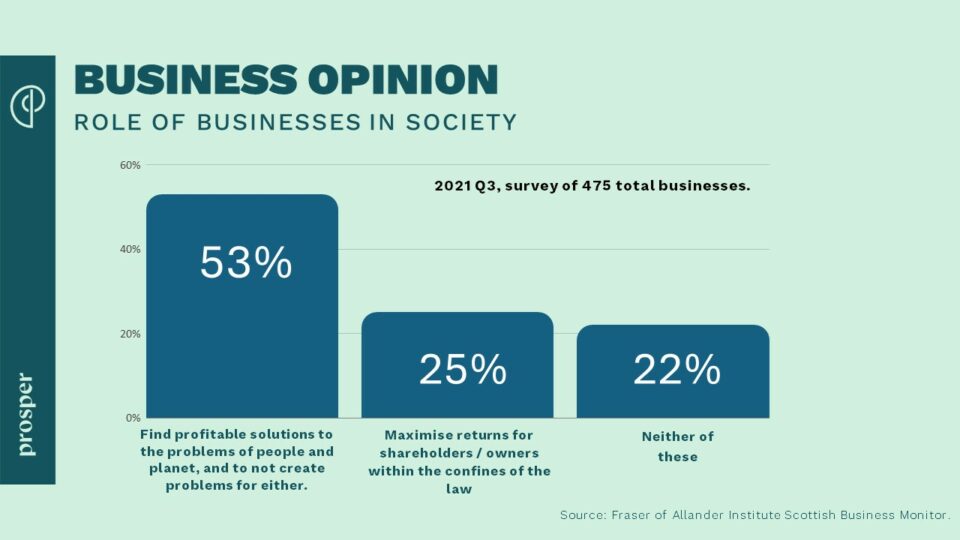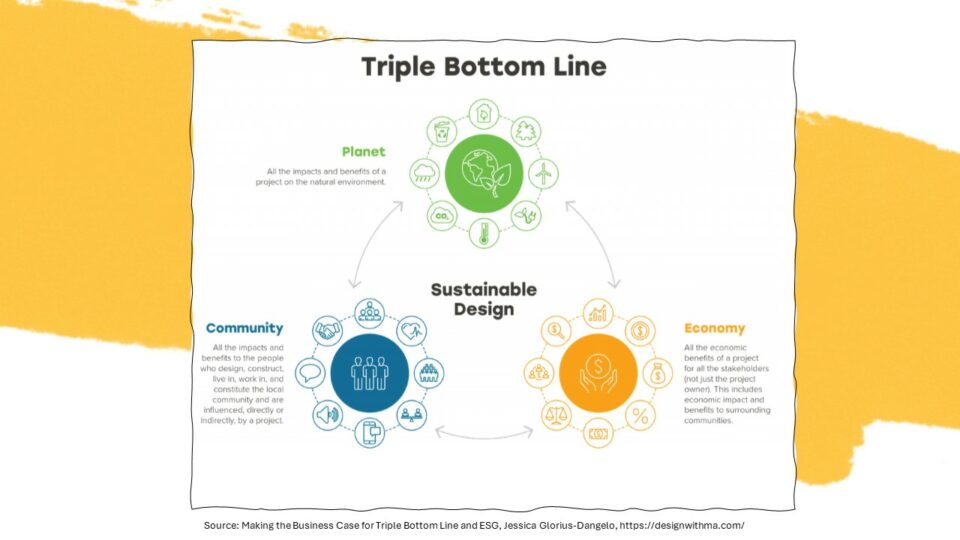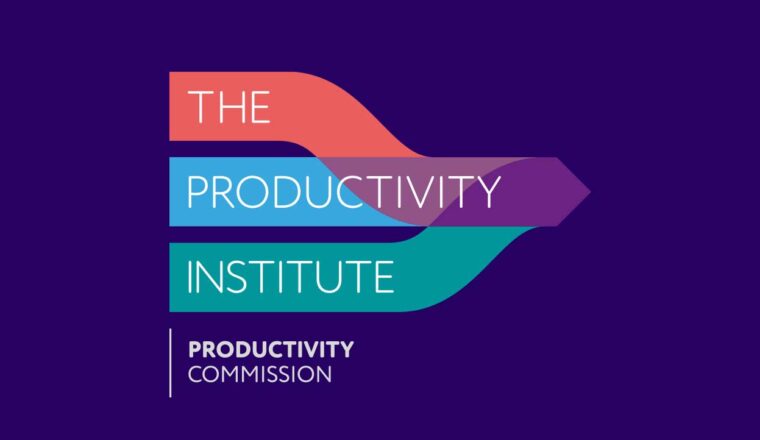Purpose in business: Empowering employees and enhancing productivity
University of Glasgow Research Associate Dr Anna Clover writes about the launch of a new research project conducting in-depth, empirical research to generate insights on empowering employees to drive purpose.
How can businesses and employees enact purpose to enhance productivity? A new research project, ‘Purpose in Business: Empowering Employees and Enhancing Productivity’, is examining the challenges and benefits of purpose-driven work. The project’s Primary Researcher is Bridgette Wessels, Professor of Social Inequalities at the University of Glasgow, and the Research Associate is Dr Anna Clover.
A launch event held on 24 April at the University’s Advanced Research Centre was hosted in collaboration with The Scotland Productivity Forum, Prosper, and Peer Works, and brought together a diverse group of internal and external stakeholders to discuss the challenges and benefits of purpose driven work. The slides from the event are available to read along with the blog.
The importance of purpose-led business
Government bodies, scholars and industry leaders are increasingly investigating purpose-led businesses as a route towards enhancing UK productivity and tackling environmental and social problems. Bridgette explained that, despite this, the role of employees in shaping purpose-driven work remains under-explored. To bridge this gap, she outlined how the team, in collaboration with SSEN Transmission, ACS Clothing, Jerba Campervan, and The Wise Group, will conduct in-depth, empirical research to generate insights on empowering employees to drive purpose.
Gareth Williams: “Now is the time for purpose”
Prosper’s Head of Policy Gareth Williams emphasised the importance of purpose-driven enterprises in Scotland, drawing on key findings from his government-commissioned report ‘Now is the Time for Purpose.’ The report highlights a substantial disparity between societal expectations of businesses as existing to serve local and global communities and their perceived current role, as primarily serving private shareholders.
This disconnect is undermining public trust, deterring employees and customers from engaging with enterprises and impacting the wider Scottish economy. Gareth argued that building trust through active and meaningful engagement in societal and environmental issues should form a pressing priority for all Scottish enterprises. Providing further practical recommendations for organisations, the report emphasised the pivotal role of employee engagement in driving purpose within organisations.
Anna Clover: Purposeful business models and meaningful work
Dr Anna Clover, the Research Associate for the project, provided further insight into the theoretical underpinnings of purpose-driven businesses and its links with scholarship regarding meaningful work. Building on Bridgette and Gareth’s points, she emphasised the need for companies to shift their focus from solely pursuing profits, to considering their broader impact on society and the planet. In meeting this challenge, she emphasised the value in engaging with meaningful work scholarship, originating from the humanities and sociology. She argued this requires investigation of the interplay between objective and subjective contributors towards employee’s experiences of meaningful work. In adopting this approach, she aims to build a substantive, theoretically informed basis for our empirical research.
Jackie Brierton: Purpose-led businesses and GrowBiz
GrowBiz CEO Jackie Brierton MBE provided industry insights, by outlining how GrowBiz is supporting the growth of purposeful businesses in rural Scotland. She highlighted the specific economic and social context of rural Scotland, which suffers from poor employment opportunities and a lack of structural support for community issues, such as elder care. These conditions have spurred locals towards entrepreneurship, as community members have developed social enterprise solutions to meet the needs of their communities. She underscored the value of such grassroots initiatives, which balance profitability with social responsibility and the necessity for such approaches to be adopted more widely.
Eleonora Vanello: New ways of thinking about productivity
Eleonora Vanello, the Programme Manager for Peer Works, challenged attendees to reconsider the definition of ‘productivity,’ beyond profit-making. She provided a brief overview of the development of productivity as a model for measuring a business’s total output, which originated through the industrial revolution. In doing so, she highlighted the historical and cultural context of this definition and emphasised the evolving understanding of productivity in a modern context. Crucially, she stressed the interconnectedness between productivity, social well-being, and environmental sustainability.
Discussion: Towards a framework for purposeful work
The afternoon’s discussions explored several areas, including how purpose-driven work can be measured, the criteria for organisations to claim the status of being purposeful and how organisations can balance local and global responsibilities. Discussions put a spotlight on the importance of employee engagement in developing an organisation’s purpose, which spearheaded further discussions regarding the necessity for organisations to address toxic and exploitative workplace cultures. In this manner, purpose-driven work was discussed as part of a wider push towards new frameworks for measuring business’ success, that unite the needs of people, planet and prosperity.
The launch event served as a catalyst for reimagining the role of businesses in society, urging a shift towards purpose-driven models that prioritise the well-being of employees, communities, and the environment. It fostered connections between the project members and stakeholders, for future collaborations centring on sustainable, ethical, and purpose-led business practices.
For more information, visit the Purpose in business project page.







